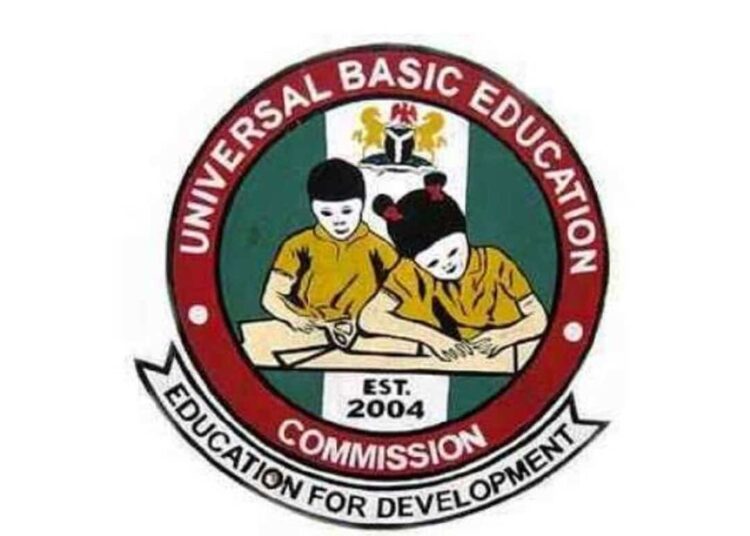The Universal Basic Education Commission (UBEC) has taken a bold step in addressing the learning crisis in schools by implementing the Early Grade Reading (EGR) programme in primary education in Nigeria.
A United Nations Children’s Fund (UNICEF) recent report on the learning crisis indicated that more than 70 per cent of Nigerian children are suffering from learning poverty. This, it noted, is the inability of a 10-year-old to read or understand a simple sentence or solve fundamental numeracy problems.
According to UNICEF, “Research has shown that schooling does not always result in learning. Even in school, many children are not learning the skills required for proficiency. As a result, many children are experiencing learning poverty, with an estimated 70 per cent of Nigerian children falling under this category, varying from state to state.
The Executive Secretary of UBEC, Dr Hamid Bobboyi, spoke on Thursday in Abuja and expressed the current administration’s determination to reverse the ugly trend by enhancing foundational literacy in the basic education subsector.
Bobboyi, represented by the Deputy Executive Secretary (Technical), Professor Bala Zakari, spoke at a one-day sensitisation meeting with 13 pilot states on the implementation of the result-based financing (RBF) of Early Grade Reading (EGR).
He noted that reading proficiency at an early age is a crucial indicator of the prospects of future academic success and that the ability to read is the foundation upon which all other learning is built.
“Despite this globally acknowledged ideal, recent studies have shown that many children in Nigeria, particularly in the early grades, struggle to achieve the basics of reading and comprehension.
“The absence of these basic skills at an appropriate age presents a severe challenge, not just for individual learning outcomes but also the effective education service delivery and our nation’s overall development and future prosperity.
“UBEC’s institution of the Result-Based Financing (RBF) model for supporting Early Grade Reading activities in 13 pilot States is a strategic intervention aimed at reversing the earlier referenced unacceptable trend where our children are unable to read or comprehend basic literature that is commensurate with their age,” he said.
According to him, UBEC would, through this intervention, provide funding support for routine activities and evidence-based improvements in early-grade reading outcomes.
Bobboyi reiterated that the success of this programme depends largely on the State Universal Basic Education Boards (SUBEBs), which are leading its implementation.
Therefore, he tasked the executive chairman of SUBEBs, the Coordinating Director, and the EGR Desk Officer with ensuring that the EGR objectives are fully met and that every child receives the support they need to develop strong reading skills in their early years.
In his opening remark, Dr Ossom Ossom, Director, Social Mobilisation, UBEC, commended USAID Learn to Read for providing technical assistance for the early grade reading initiative.





